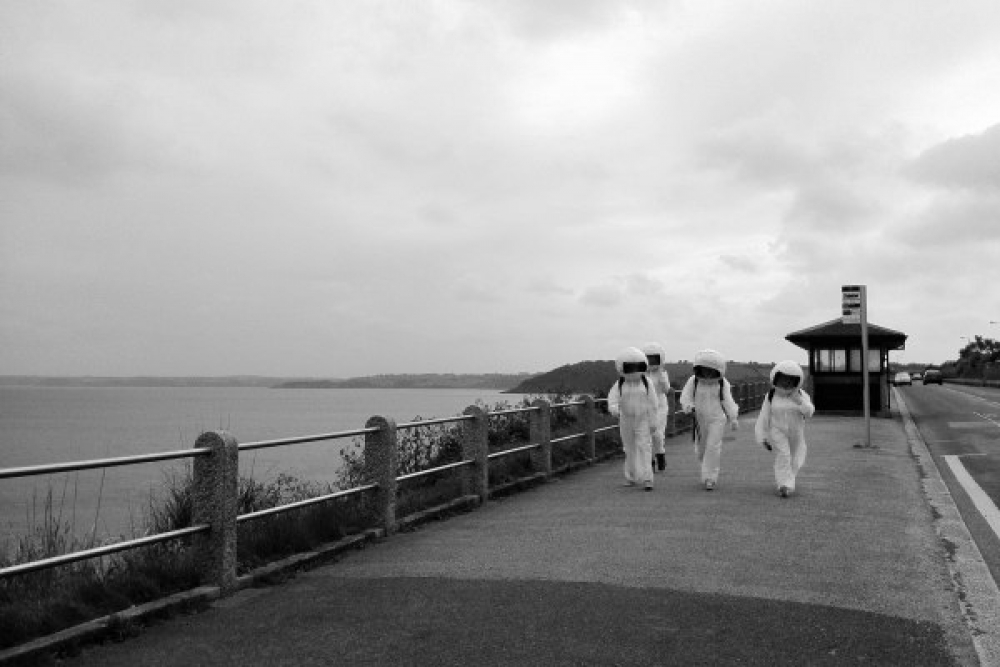Where to? Steps Towards the Future of Walking Arts Symposium
Dates: Thu 16 April 2015
Location: Falmouth University
This presentation will discuss the impact of the research and how interdisciplinary research and mobile technologies can articulate the visual voice of a particular cohort of walkers.
Abstract:
Stephen Hodge & Cathy Turner describe how an artwork doesn’t
‘invariably engage with its context in terms of a fixed, physical and knowable site’.
(Heddon & Klein, 2012: Palgave)
but as Claire Doherty’s defines, can be formed of…
‘situated practices', suggesting a more fluid engagement with location and its discursive and social contexts’.
(2004: Black Dog Publishing)
Significant Walks is a Wellcome Trust funded project exploring the reality of walking with chronic lower back pain. The project’s collaborative art and science research team worked with participants from Sussex to present their experiences as an immersive digital artwork synthesizing eye level video documentation of personal walks with simultaneously gathered biomechanical data. Using visual effects software the research team also worked with participants to identify the most effective way to express the nature and challenge of their personal movement, resulting in a series of micro journeys that both interpret clinically accurate data and express individual experience.
The resonance of walking as a metaphor for understanding our individual place in the world is key to this research. Walking is a part of our daily existence, providing opportunities to consider how we interact, navigate and respond to our environment. Given the prevalence of chronic low back pain this experience is compromised for many people and Significant Walks seeks to capture these individual realities by animating quantitative data whilst simultaneously communicating qualitative experience. The resulting artwork acts as a vehicle for both the science of data collection and the reality of the individual at the core of scientific understanding, reminding us that in considering the experience of others we can better appreciate our own realities.
